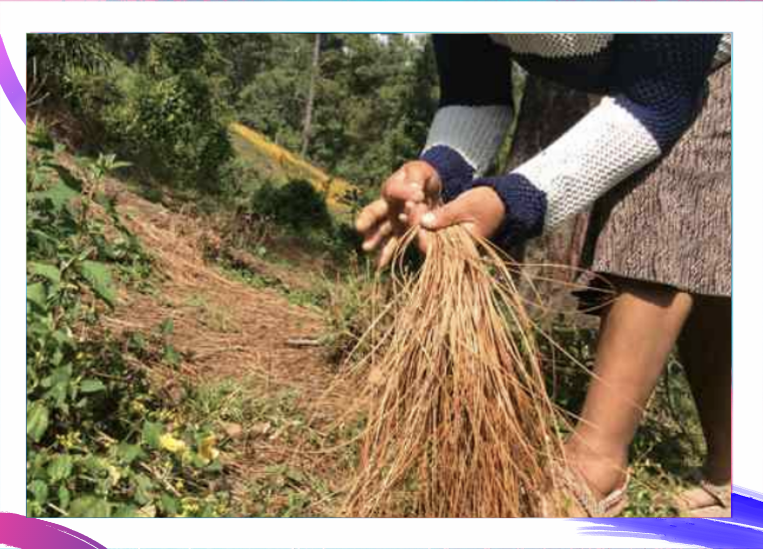
According to the United Nations Children’s Fund (UNICEF), information on the situation of children in Mexico was released in its Annual Report Mexico 2018, estimated at 39.2 million children and teens:



“A correct nutrition can prevent overweight and obesity problems, as it is scientifically documented that more than 95% of childhood obesity is due to nutritional aspects…”.
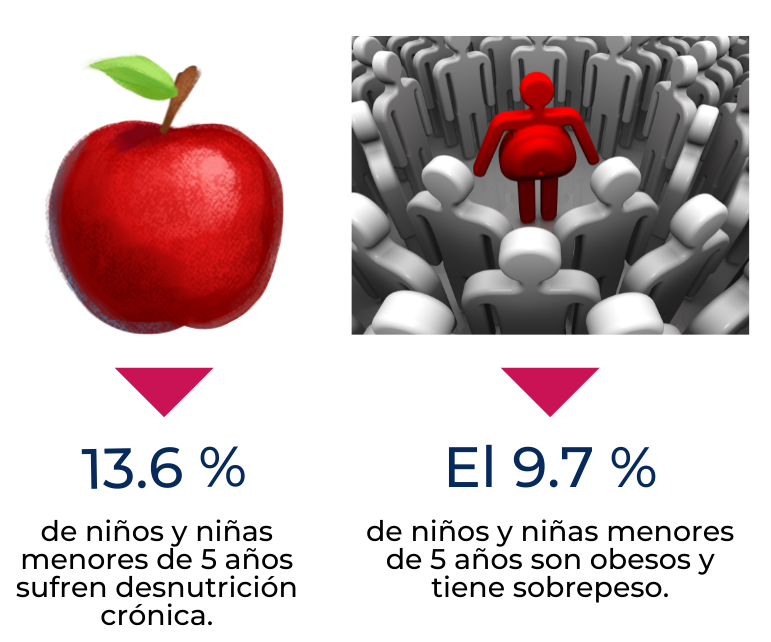
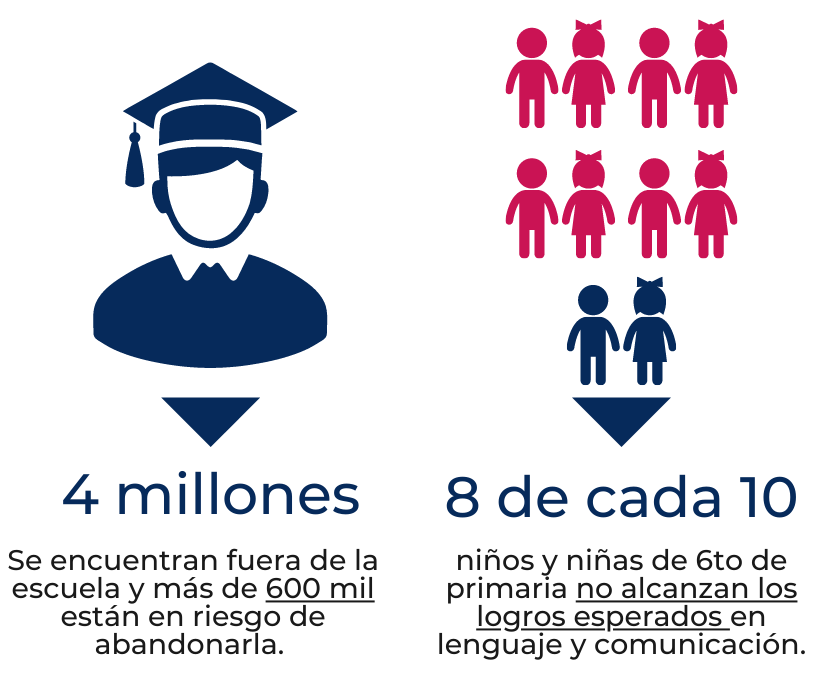
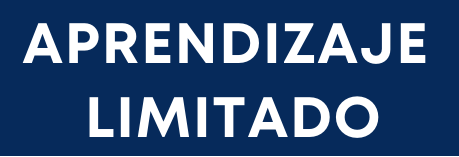
“Education is a right of every child and young people that gives them the tools to exercise other rights…”. 3,307, 883 Indigenous children and young people are 3-17 year olds.
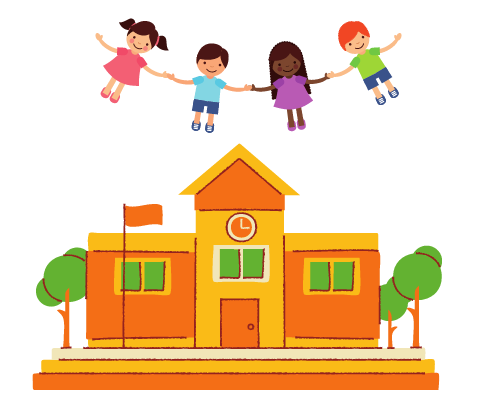
6 out of 10 Schools Indigenous schools are multi-grade, teachers teach more than one grade in the same group.
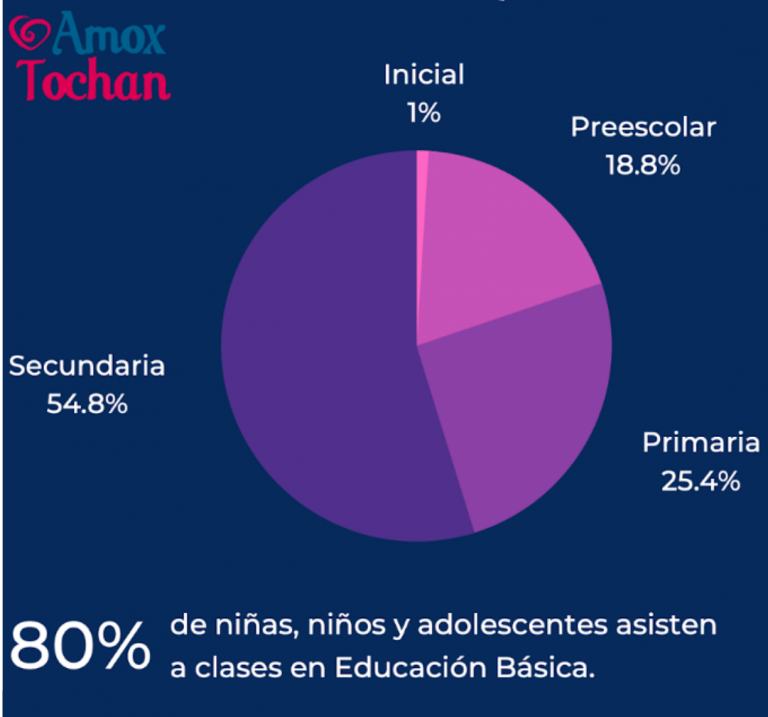
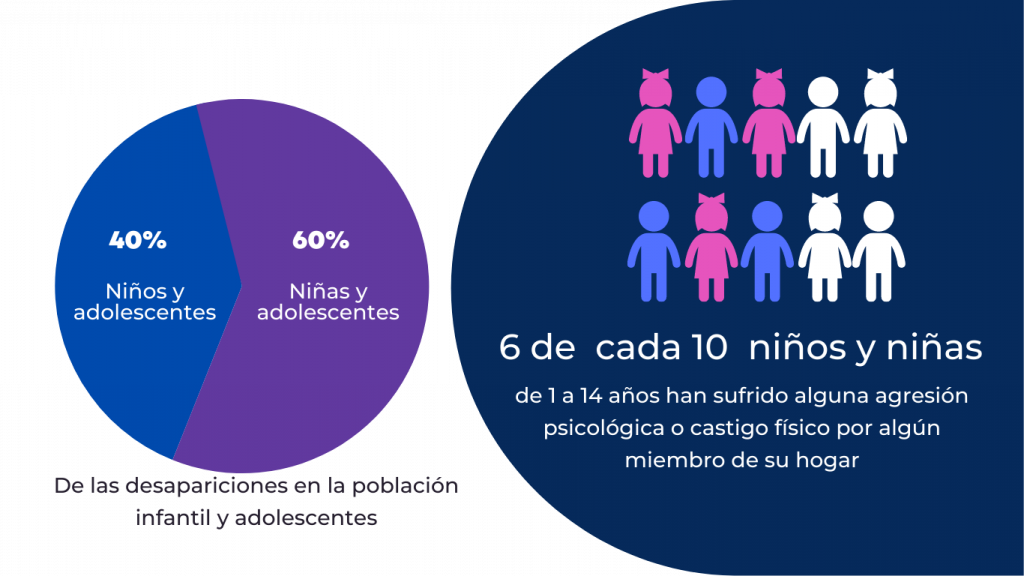

Our model´s foundation is based on the United Nations Development Program (UNDP), We aim creating development capabilities de acuerdo al programa de Naciones Unidas to improve human well-being and supporting efforts by reducing inequality gaps into underserved communities mainly in rural, indigenous and peri-urban areas that hold out food, health, education and social development vulnerability in Mexico.
With the following approaches:
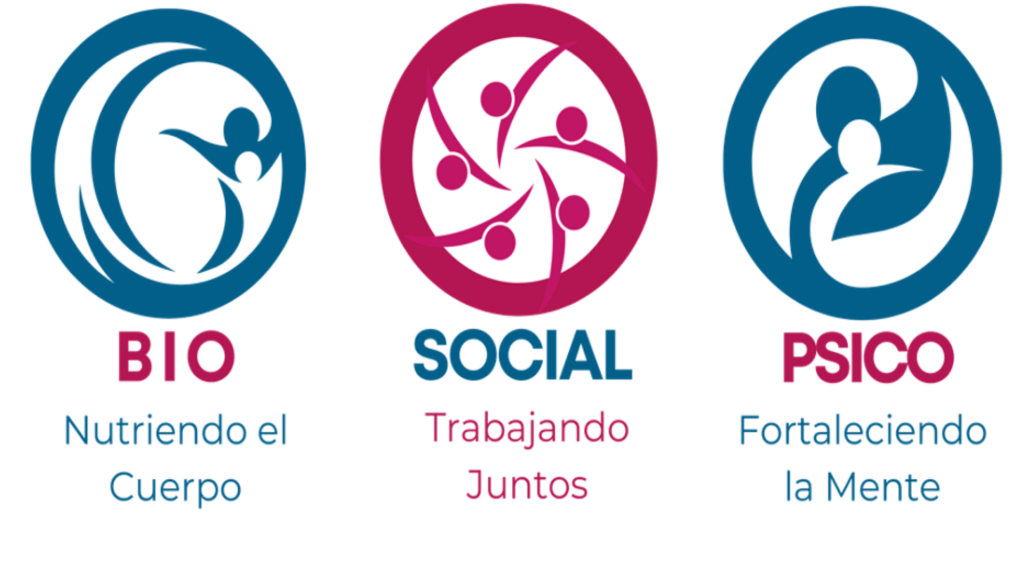
To attain our three main goals:
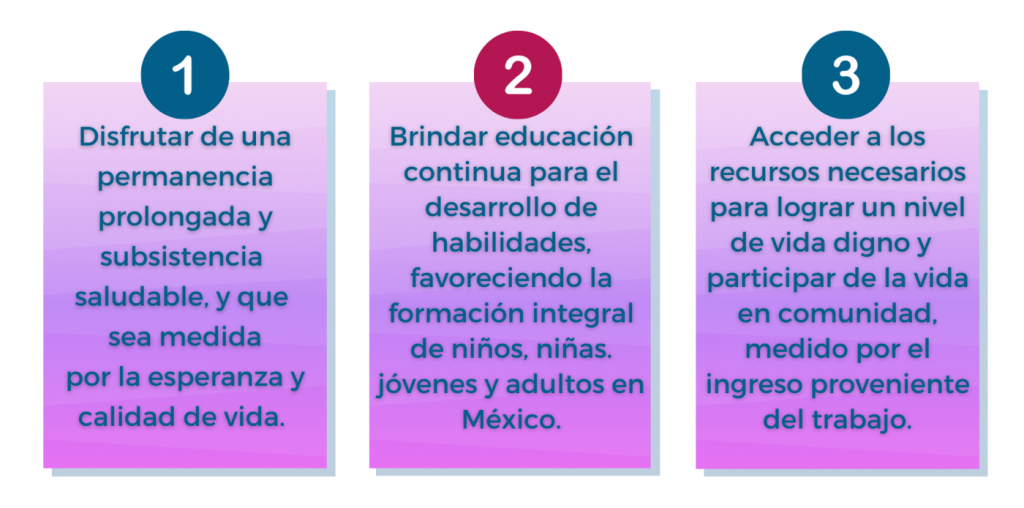
Our programs are focused on helping meet the objectives set out by the UN´s Sustainable Development Goals, among them are: 1: No poverty, 2: Zero Hunger, 3: Good Health and Well-being, 4: Quality Education and 8 Decent Work and Economic Growth. In 2020, we add; 6: Clean Water & Sanitation, 12: Responsible Consumption and Production, 13: Climate Action and, 15: Life on land. (UN’s, 2020). Amox Tochan´s work is carried out by an Ontrevention Model that help achieve its three Programs; “ Health Education”, “Growing Together”, Sustainable Development” and embody its commitments to enhance human well-being with equal opportunities, social inclusion and equity.
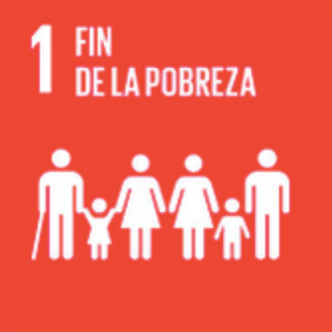
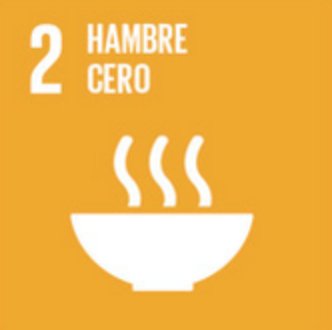
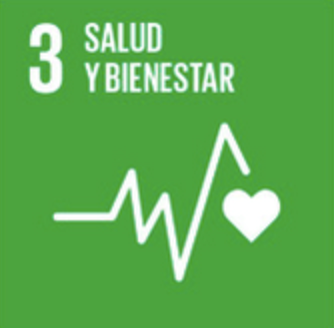
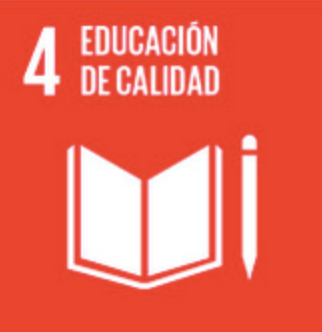
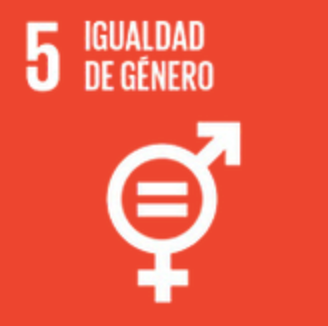
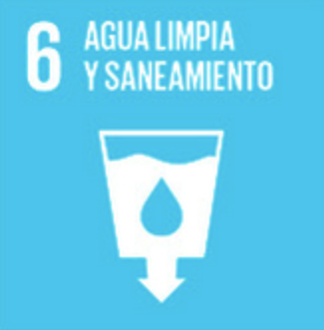
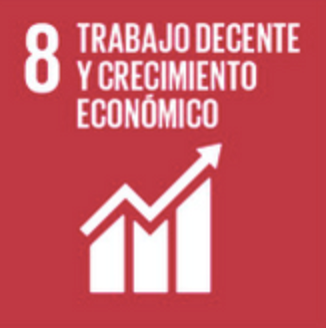
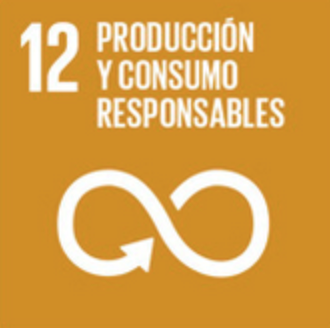
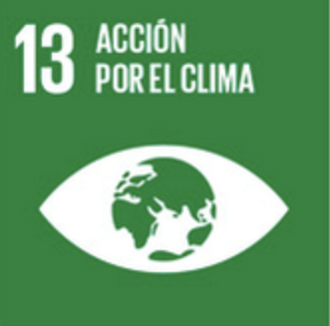
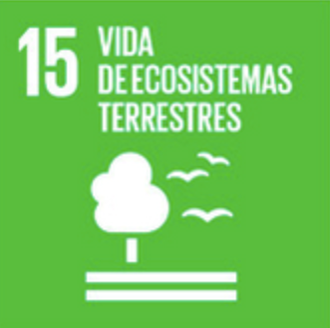
Llevandose a cabo mediante 3 programas organizacionales: “Educación para la Salud”, “Creciendo Juntos” y “Proyectamox” *, para mejorar el bienestar humano con igualdad de oportunidades, inclusión y equidad.
*(Ahora Desarrollo Sostenible:2020)
Buscamos aumentar el compromiso, la acción de la comunidad para lograr un impacto social sostenible con inclusión y equidad.
Son especialmente los niños y jóvenes quienes nos impulsan todos los días a llevar el cambio a comunidades peri-urbanas, rurales e indígenas para su transformación, a través de nuestros programas:

To achieve the objective 2 Cero hunger and 3 Good health and well-being of the UN´s Sustainable Development Goals, Amox Tochan has created “Health Education”. This program works to ensure opportunities for vulnerable people so, they can achieve their optimal development by addressing basic fundamental needs: food, health and well-being providing them the energy levels of a diet that suits best in need, so that maintain a normal active and healthy life.
The focus areas are:
1) nutrition and feeding; guidance on knowledge to boost healthy eating habits and adequate nutrition to prevent and control chronic degenerative diseases; diabetes, malnutrition. The program provides health education and training to general public.
2) food security works towards to provide healthy sufficient and nutritious food so, children and families gain more access to healthy foods in child care settings, schools and in their communities.
3) healthy food helps women to undertake self-managed projects to produce food, propel productive capacity in their households, thus contributes to meet the nutritional needs of families into underserved communities.
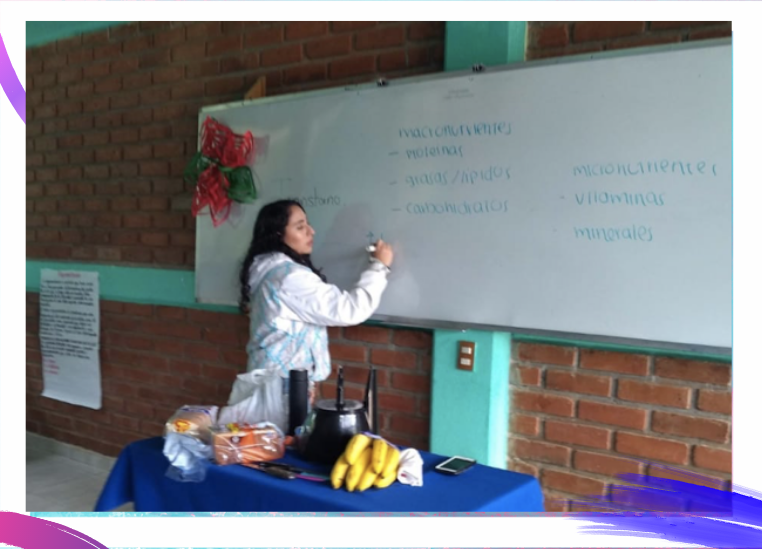

To achieve the objectives 4 Quality Education and 5 Gender equality of the UN´s Sustainable Development Goals, this program seeks to expand capacities and peoples´ opportunities through the development of psychosocial skills and abilities to ensure that people are mentally and emotionally healthy enough. In addition, to promote sustainable human development by facilitating knowledge exchange and experiences with equality and inclusion. (International ART Initiative, UNDP, 2020)
Also, through reeducation and training we work facing and propelling in the realms of: security, economic empowerment, protection of rights, combating sexual and gender based violence; so that children and women achieve their full potential in the decision-making process and their involvement within community life (WPHF, UNDP, 2020).
The focus area are:
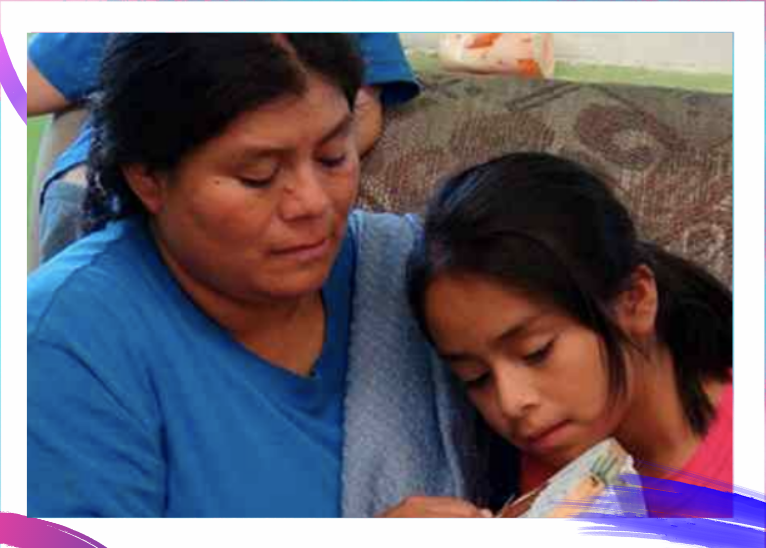
1) community leadership works for a transformative social change agents in their communities so that vulnerable children and their families can achieve optimal health and well-being, academic achievement and honing leadership skills. The program provides training to families, and general public. Special emphasis is directed to women, young people and underserved communities.
2) Education for all supports education services for young people and general public to complete their elementary school, junior high school and high school (UN´s, 2015). This program provides inclusive and quality education, training for distance and scholarships to promote lifelong learning.
3) Empowerment and leadership works to address gender relations and supports women´s empowerment in Mexico, specially, in Mexico City to create more equal communities and social relations, while funding services for women and girls that strengthen livelihoods as a strategy to combat other protection risks.

To achieve the following UN´s Sustainable Development Goals (SDGs); 1 No poverty, 6 Clean water and sanitation, 8 Decent work and economic growth, 12 Responsible consumption and production, 13 Climate action and 15 Life on land, the program aims to strengthen productive capacities with equal opportunities for a decent work and sustainable economic growth (UN’s, 2019), mostly among young people and women, promoting social well-being and better conditions of living to lift themselves out of hunger and poverty. The focus areas are:
1) Sustainable agriculture integrates environmental, social, and economic sustainability within agricultural production to enhance the livelihoods of smallholders farmers and their families.
2) Water managment works for soil conservation and preservation for natural resources´s rational use.
3) Related to the four pillars of food security: works through the following areas: food availability (production), access (including land, infrastructure for food transport from surplus to deficit areas, domestic food reserves, safety nets), utilisation (nutrition and feeding interventions) and stability. In so doing, it shall give priority to smallholder agriculture, food processing to create added value enabling sustainable productive systems, local integration with gender mainstreaming and assistance mechanisms for vulnerable people, mainly, indigenous and rural areas. Special emphasis in the State of Mexico.
